From Classroom Teacher to District Leader: An Honest Conversation with a Superintendent
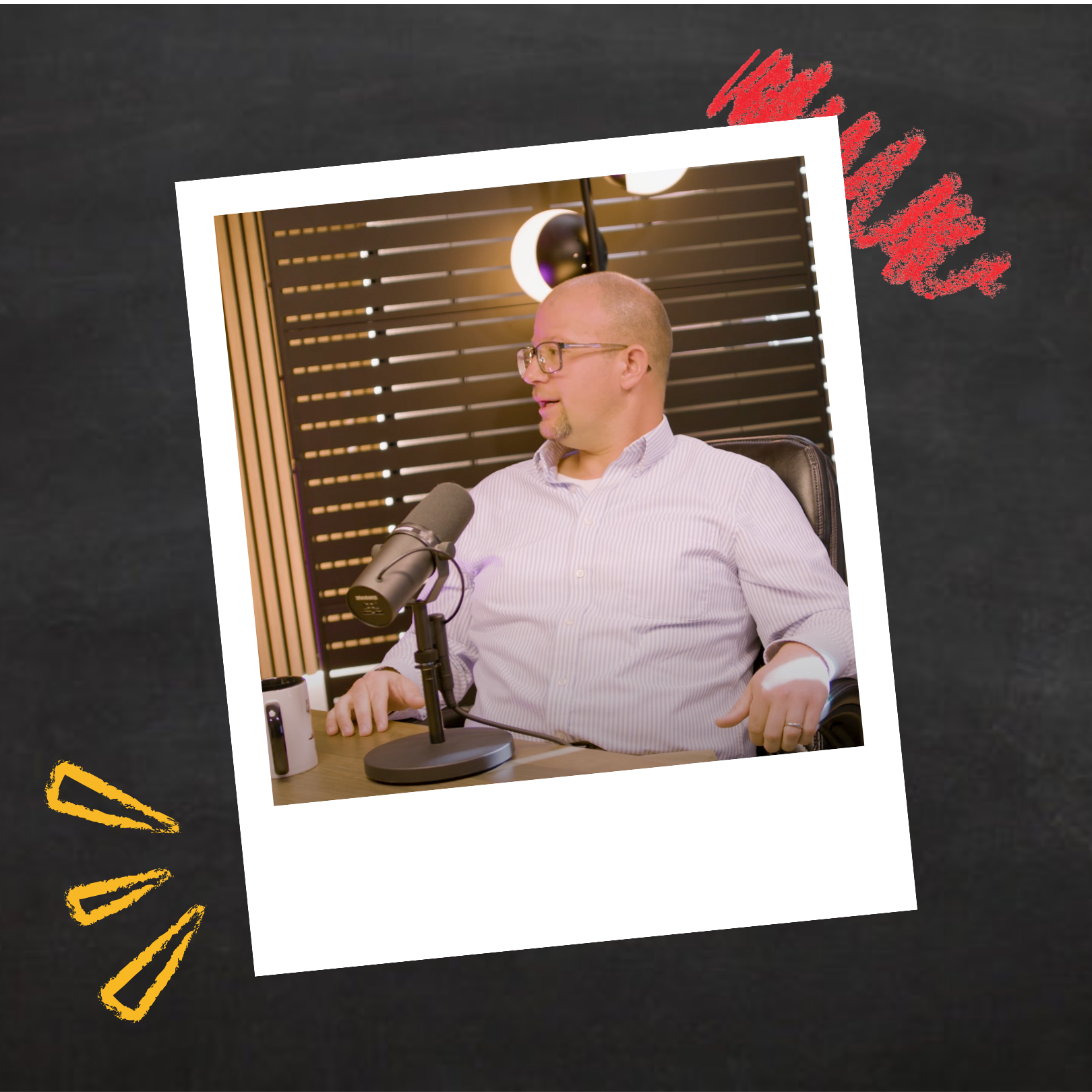

From Classroom Teacher to District Leader: An Honest Conversation with a Superintendent
Nov 12, 2024 5:05:55 PM
1
min read
Thriving, Not Just Surviving: Boosting Student Well-Being in a High-Pressure World
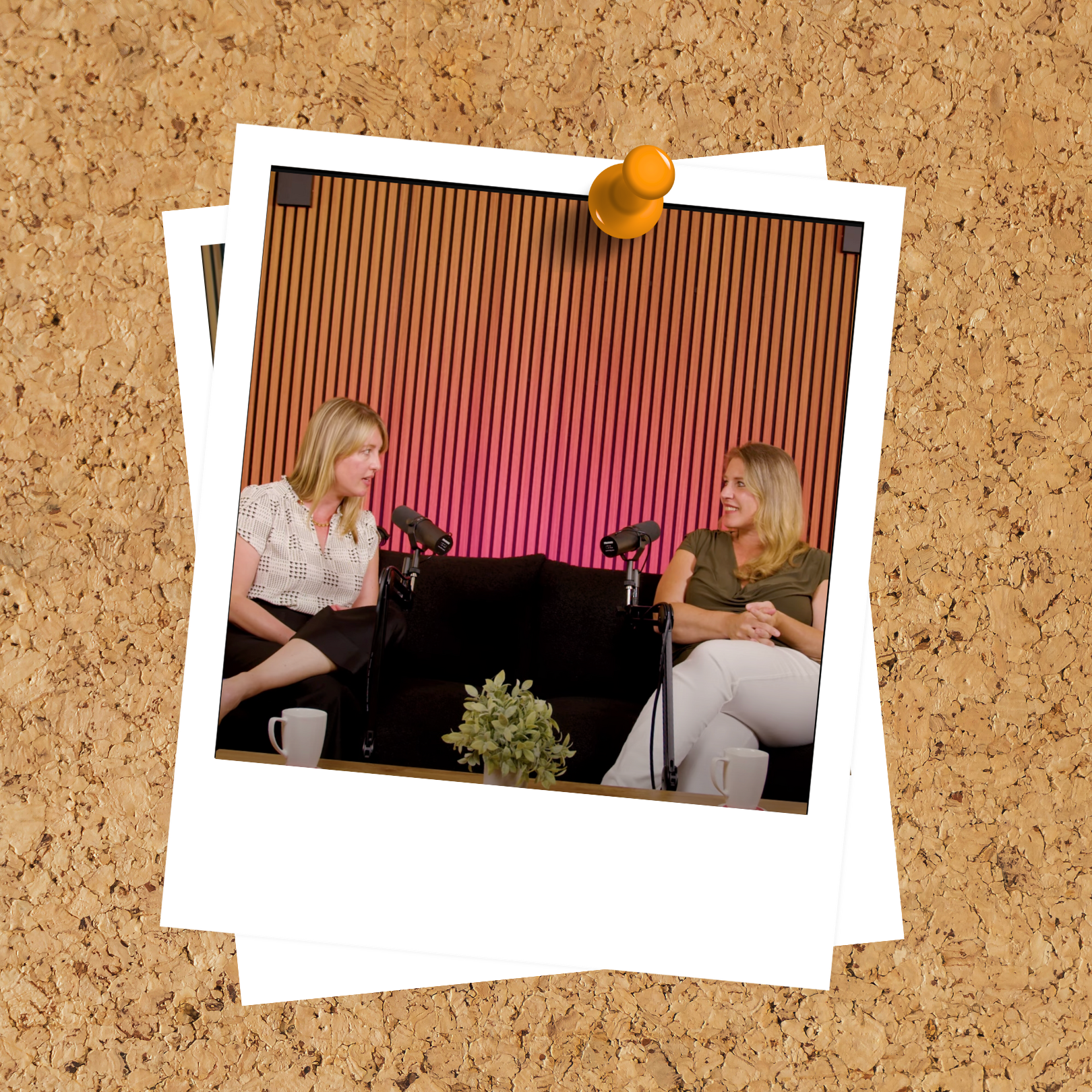

Thriving, Not Just Surviving: Boosting Student Well-Being in a High-Pressure World
Nov 12, 2024 5:01:04 PM
1
min read
Collaboration in the Classroom
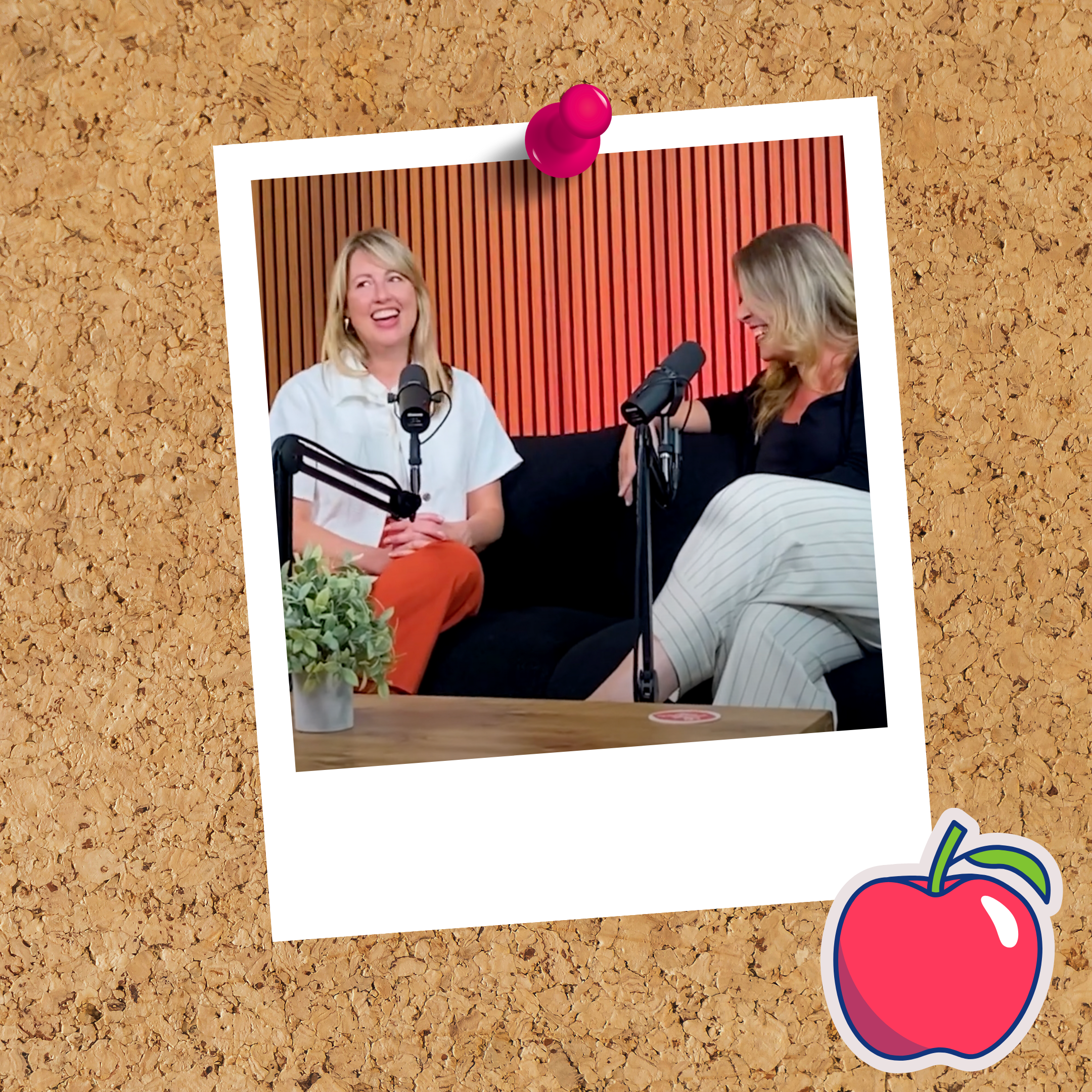

Collaboration in the Classroom
Nov 12, 2024 4:55:34 PM
1
min read
AI in the Classroom: Friend or Foe?
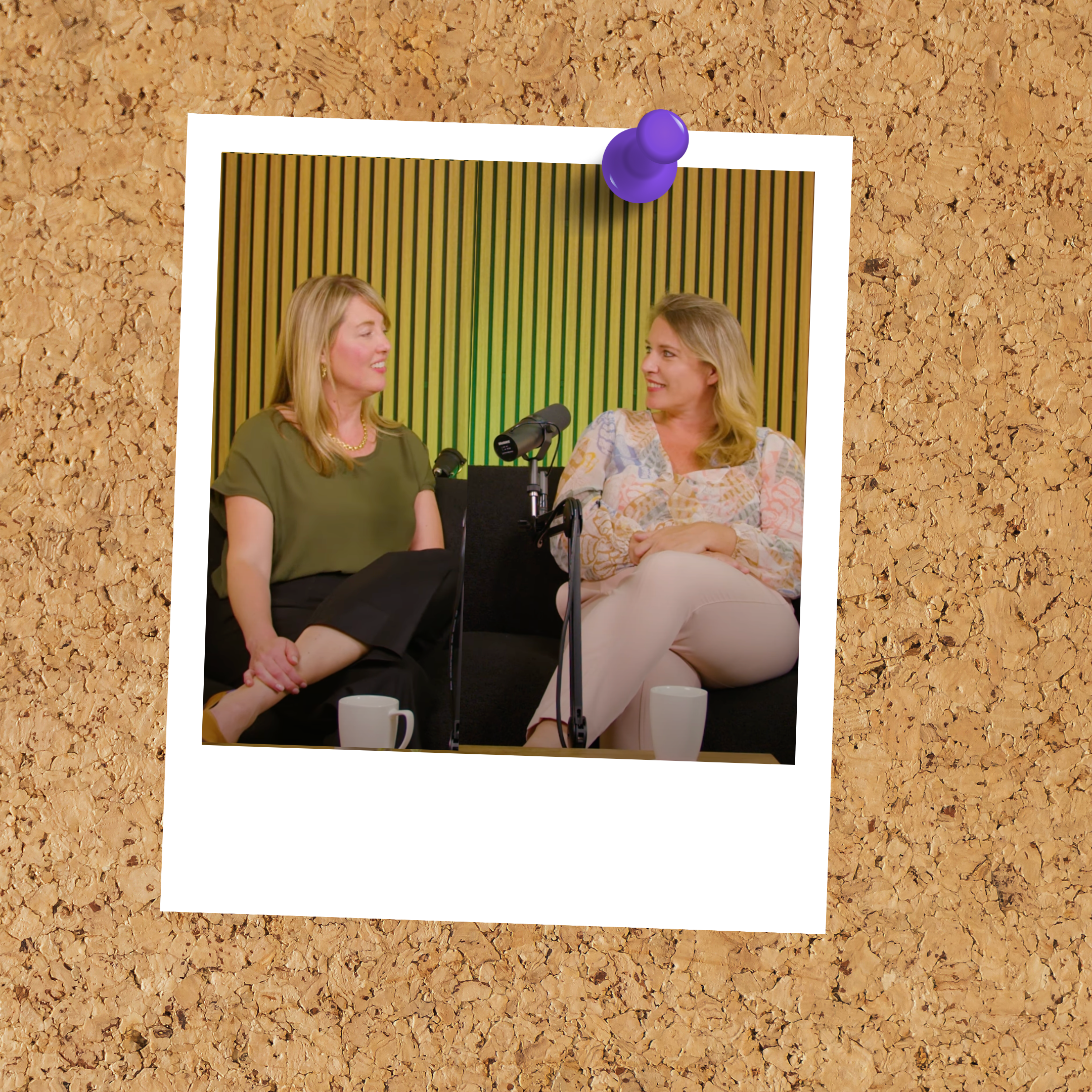

AI in the Classroom: Friend or Foe?
Nov 12, 2024 4:50:08 PM
1
min read
Student Voice and Choice in Schools
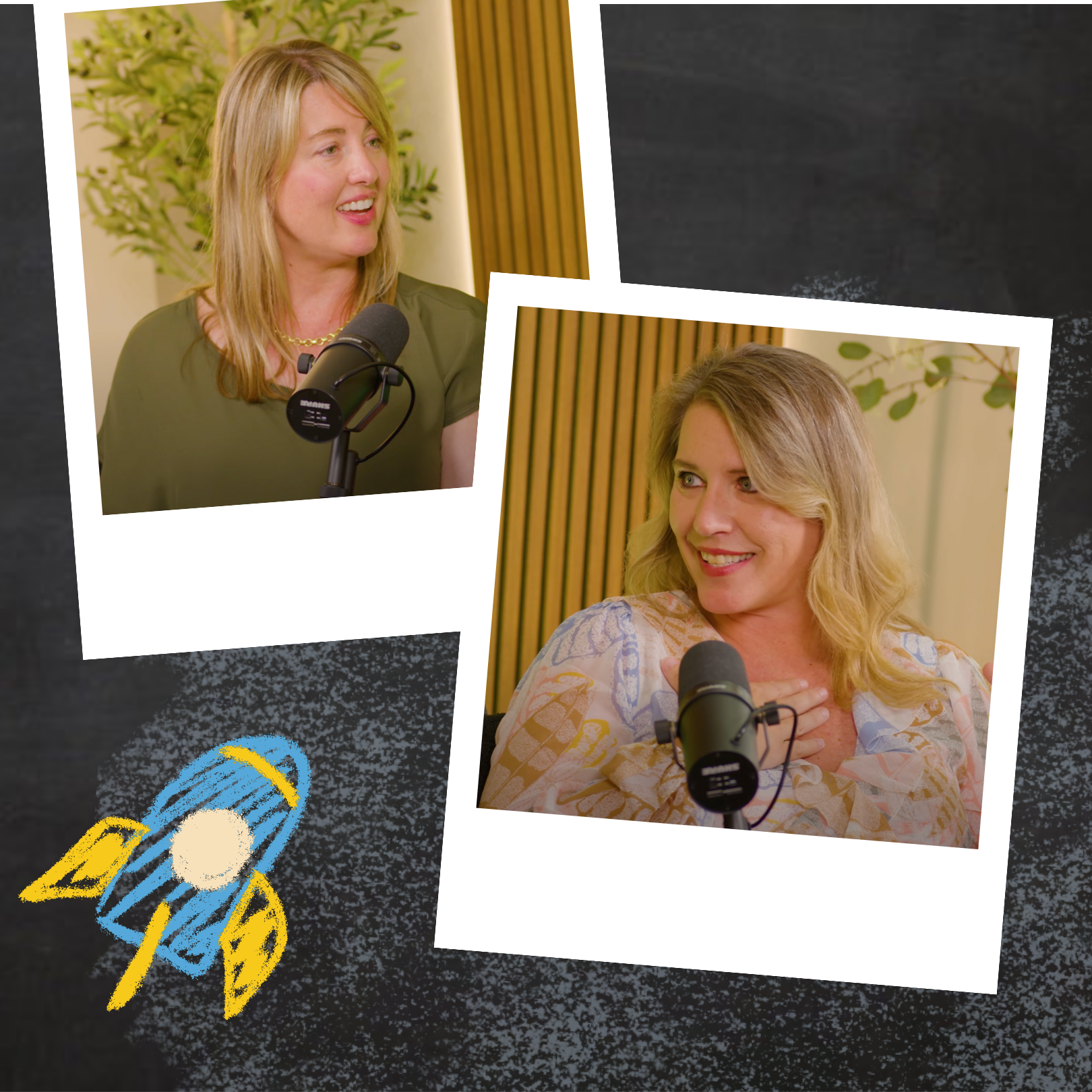

Student Voice and Choice in Schools
Nov 12, 2024 4:38:34 PM
1
min read
Classroom Tech: Enhancing Learning and Engagement for Students
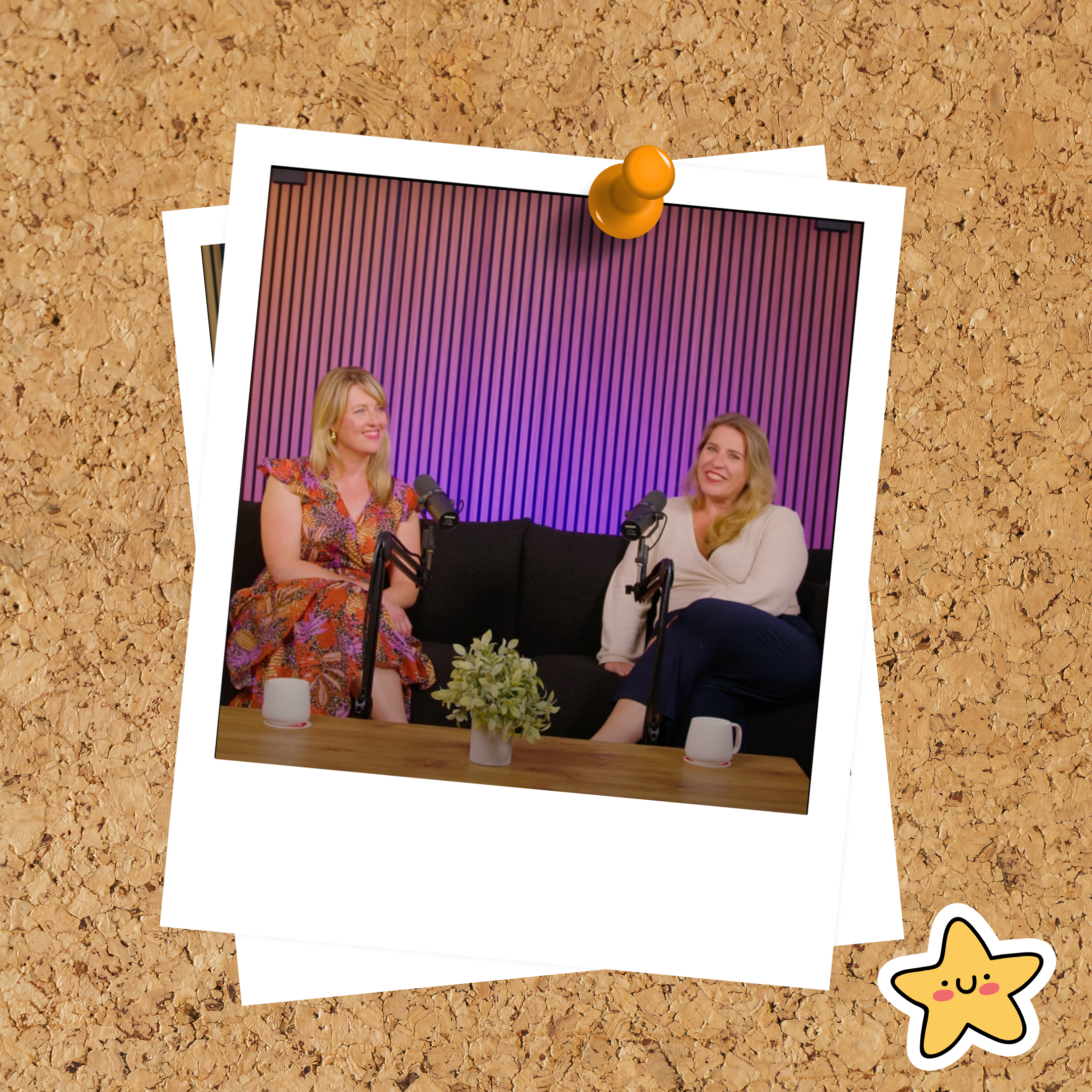

Classroom Tech: Enhancing Learning and Engagement for Students
Sep 10, 2024 5:07:49 PM
1
min read
Chaos in the Classroom: Tips for Effective Classroom Management
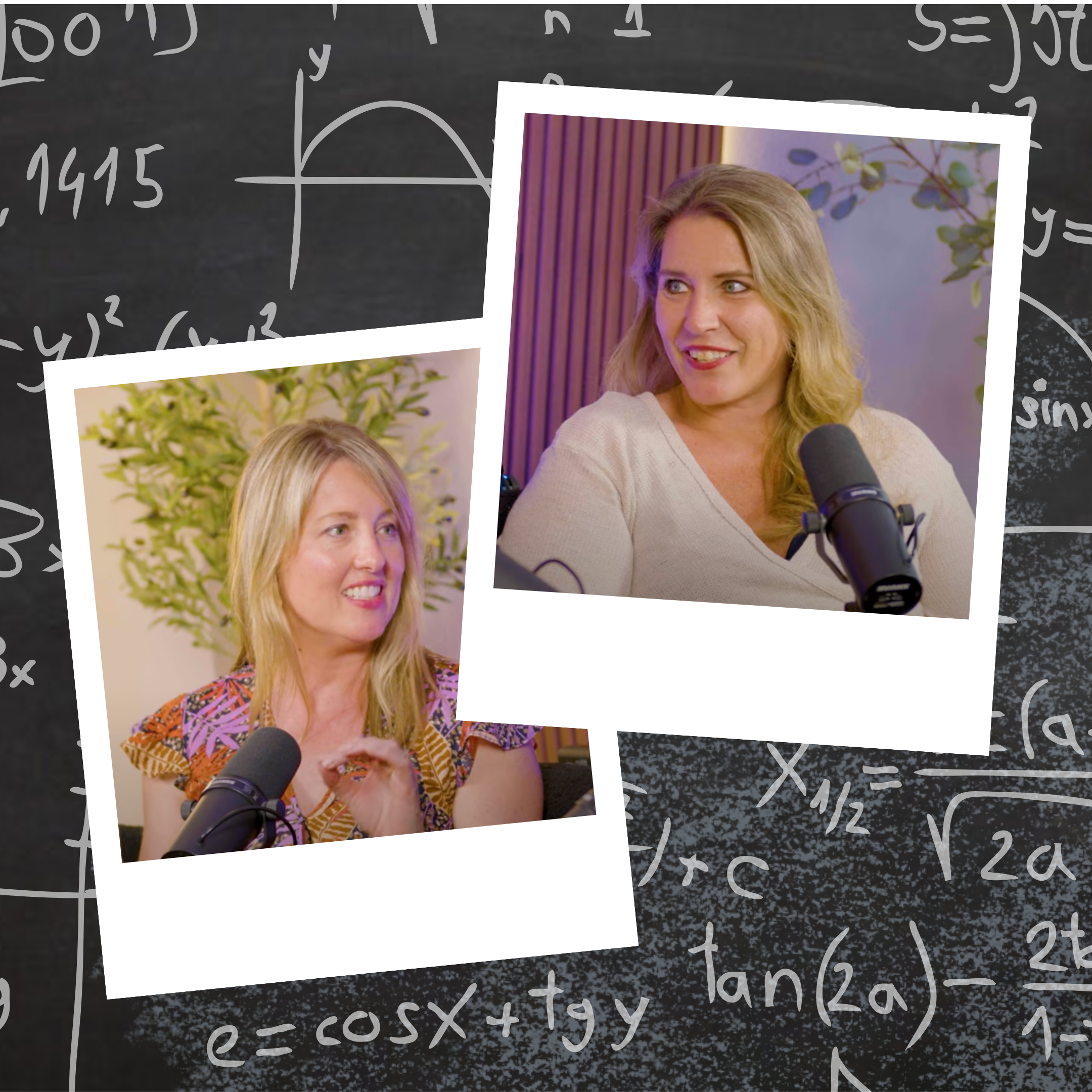

Chaos in the Classroom: Tips for Effective Classroom Management
Sep 10, 2024 4:58:14 PM
1
min read
Real Talk: Teacher Burnout
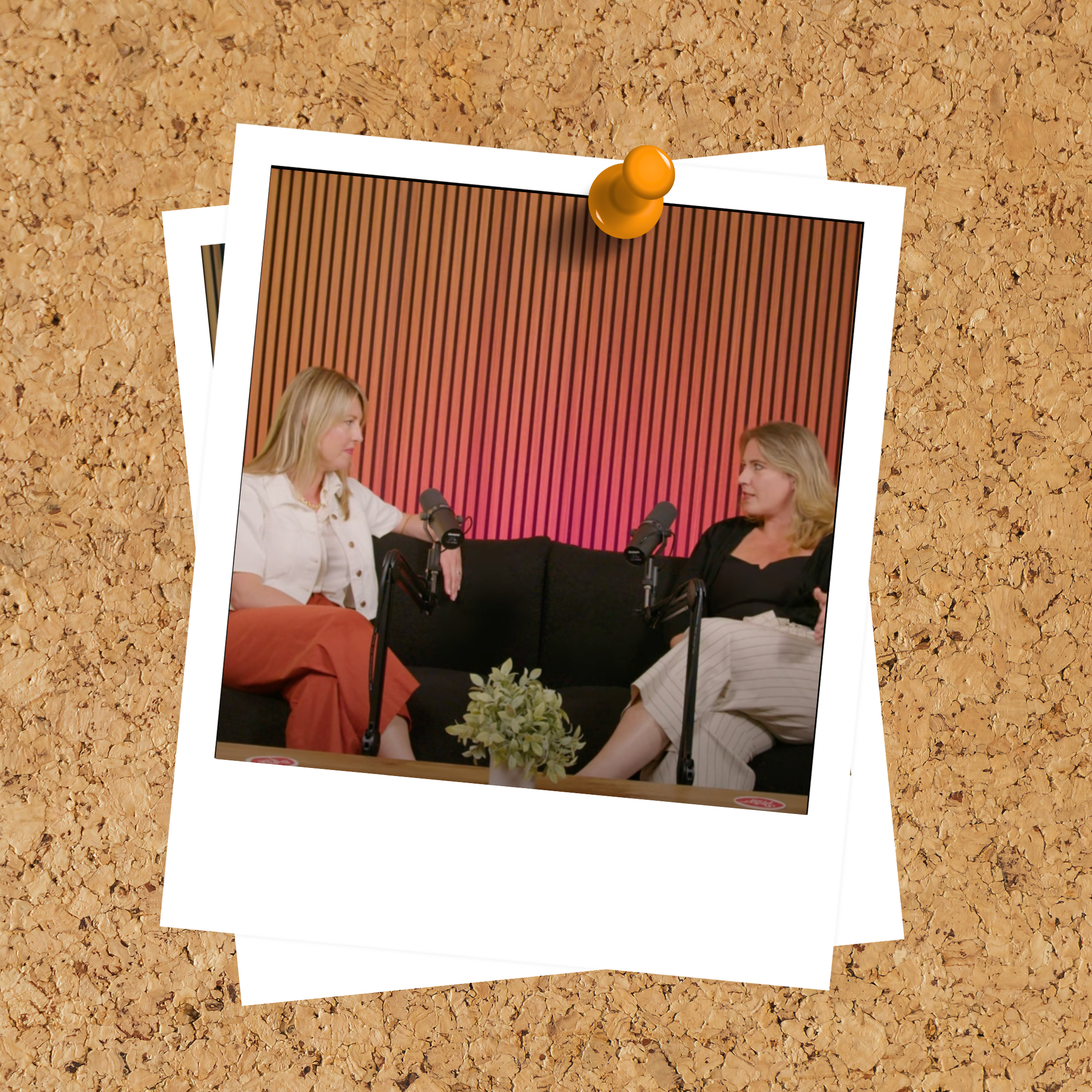

Real Talk: Teacher Burnout
Sep 10, 2024 4:47:20 PM
1
min read
Ultimate Guide to a Stress-Free Start to The School Year
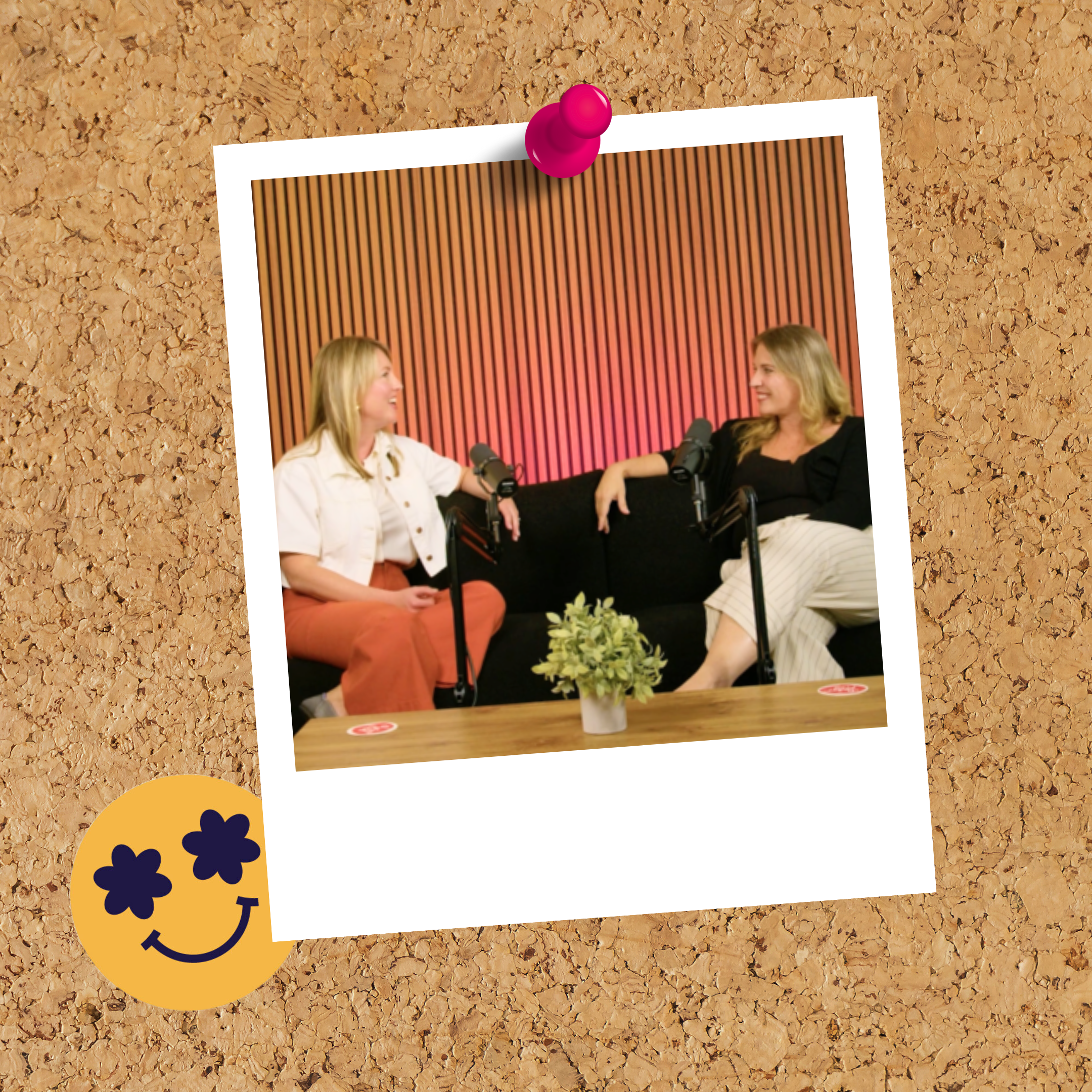

Ultimate Guide to a Stress-Free Start to The School Year
Jul 23, 2024 1:26:10 PM
1
min read
Welcome to Education Uncharted!
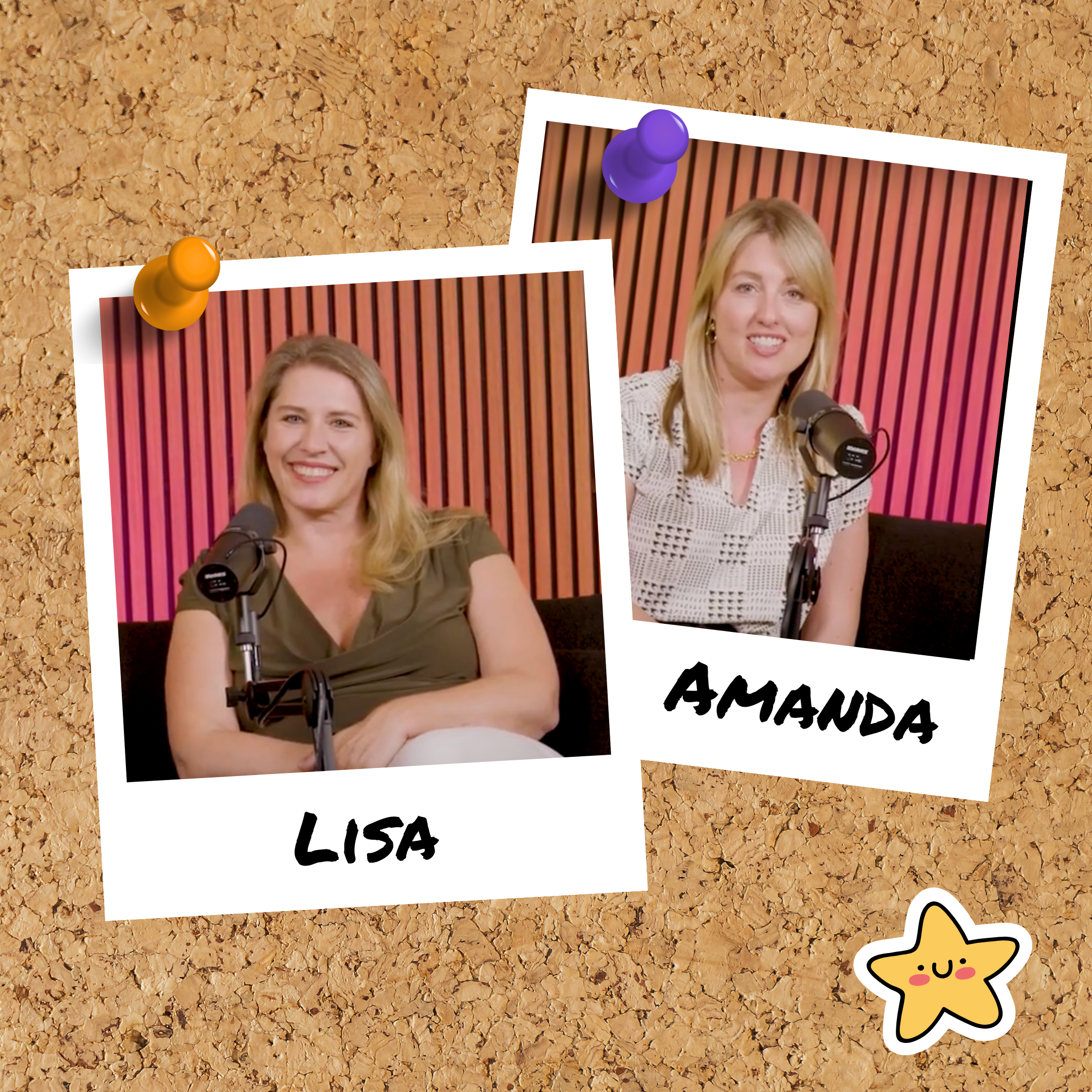

Welcome to Education Uncharted!
Jul 22, 2024 2:35:45 PM
1
min read


